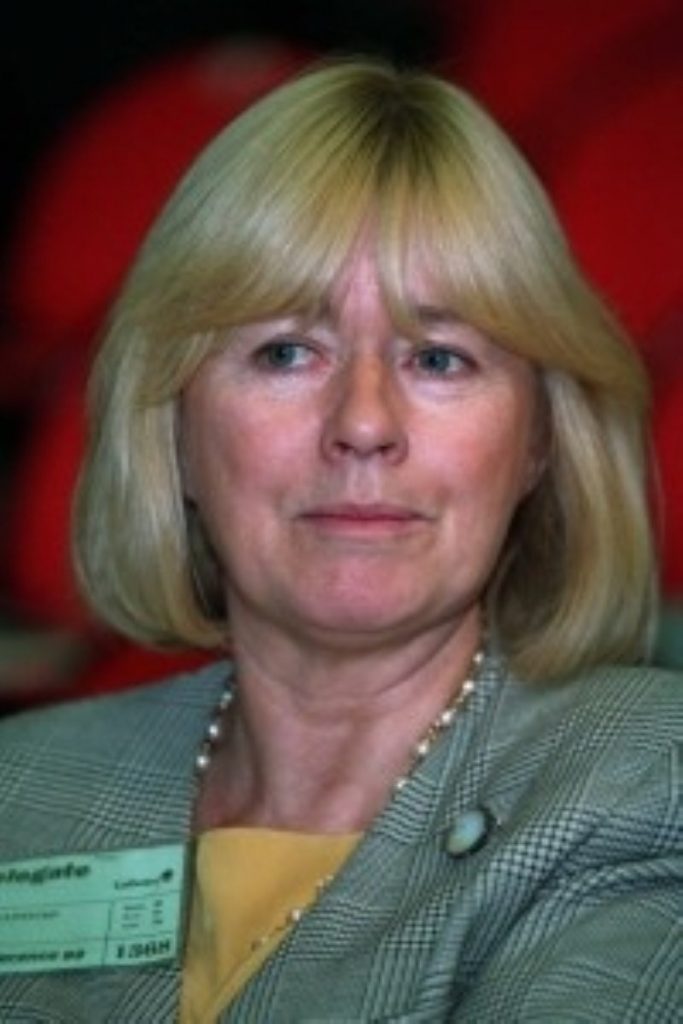Three new Privy Councillors appointed
The Queen has appointed three new Privy Councillors.
They are Ann Clwyd, the PM’s Special Envoy to Iraq, and the two Speakers for the devolved assemblies, George Reid and Lord Elis Thomas.
All now will be entitled to be referred to as “Right Honourable”.
Privy Councillor is one of the oldest of political titles. Originally Privy Councillors were appointed by the monarch to advise them on the government of the country, and it is out of the Privy Council that the notion of the Cabinet and ministers developed.


Though the direct importance of the role has dwindled to advising the Queen when requested the title is still of significant prestige. The responsibilities of the Privy Council are mixed from the purely ceremonial to the significant. For example the judicial committee of the Privy Council is still the final court of appeal for UK overseas territories, some Commonwealth countries, and issues arising from UK devolution.
All Cabinet Ministers are automatically created Privy Councillors and they, together with some junior ministers, carry out the day-to-day work of the council.
There are currently around 500 members, and membership is granted for life. Though the Queen appoints members, recommendations come from the Prime Minister.
Ms Clwyd was one of the leading supporters of Tony Blair’s decision to go to war in Iraq. She has been an MP since 1984 and held a range of spokespersons roles for the Labour Party, in addition to being the vice chair of the Parliamentary Labour Party since 2001.
Lord Elis-Thomas was a Plaid Cymru MP from 1974 to 1992 before becoming president of the party. He was elected as the Welsh Presiding Officer in 1999.
George Reid was an SNP MP until 1979 and an MSP from 1999 to 2003 before being elected as Scotland’s Presiding Officer.
Mr Reid said: “On a personal level, it is an honour to be appointed to the Privy Council. As Presiding Officer of the Scottish Parliament, it is recognition of the important role the Scottish Parliament plays in our democratic process.”

